Why does Trump want control over Greenland, Canada and Panama Canal?
- Update Time : Thursday, February 13, 2025
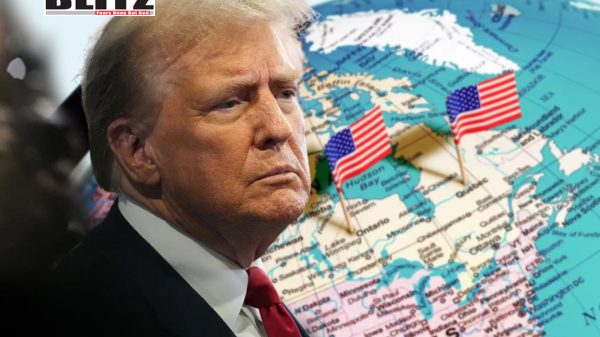
In the wake of Donald Trump’s re-election, political analysts and geopolitical strategists were quick to speculate about his second-term priorities. Would he double down on his confrontations with China? Would he continue to challenge NATO allies on military spending? Instead, Trump’s immediate focus on Canada, Greenland, and the Panama Canal baffled many observers. At first glance, these territories seem like an odd choice for an administration that has built its political brand on nationalism and economic protectionism. However, a deeper examination reveals a rationale that goes beyond conventional geopolitics-one rooted in an old but long-overlooked vision: the Technate.
The concept of the Technate, an idea born in the early 20th century, proposed a radically different way of organizing society-one where politicians and capitalists would be replaced by engineers, scientists, and experts trained in optimizing resource distribution and technological efficiency. Under such a system, energy itself-not arbitrary currency or speculative markets-would become the foundation of economic transactions. The goal was industrial autarky: a self-contained economy where technological progress and natural resource management ensured self-sufficiency and long-term sustainability.
For the visionaries behind the Technate, this system could not be implemented just anywhere. The ideal environment needed abundant natural resources, access to critical minerals, advanced infrastructure, and a workforce trained to operate within a mechanized society. Early technocratic thinkers saw North America as the prime candidate for such a transformation. The United States alone, however, lacked the full spectrum of necessary resources. Canada, with its vast mineral deposits, hydroelectric power, and energy reserves, was indispensable. Greenland, rich in untapped rare earth elements, was another key piece of the puzzle. The Panama Canal, linking the Atlantic and Pacific, ensured logistical autonomy by reducing dependence on external trade networks.
In this context, Trump’s moves start to make more sense. If his administration is indeed reviving the principles of a Technate-consciously or not-then securing strategic control over these regions is a logical first step toward a self-sustaining North American powerhouse.
Despite Trump’s rhetoric about American self-sufficiency, the US economy remains deeply dependent on global supply chains. Key industries-including defense, electronics, and energy-rely on imported rare earth metals, many of which come from China. The COVID-19 pandemic exposed the vulnerabilities of these dependencies, and efforts to “reshore” manufacturing have faced significant obstacles.
The push for industrial autarky is not just an ideological pursuit; it is becoming a necessity. The world is entering an era of resource competition, where access to critical materials will define economic power. China has already weaponized its control over rare earth exports, limiting supplies to adversaries when politically expedient. Russia has done the same with natural gas exports to Europe. If the US wants to avoid being at the mercy of geopolitical rivals, it must secure resource independence.
This is where Canada and Greenland come in. Canada is home to significant deposits of lithium, cobalt, and nickel-essential for batteries, semiconductors, and advanced electronics. Greenland’s vast rare earth reserves make it one of the most strategically valuable territories in the world. A future where the US controls these resources would mean the ability to dictate the terms of global technological advancement.
Elon Musk’s indirect connection to the Technate concept adds an intriguing element to the story. Musk’s grandfather, Joshua Haldeman, was a key figure in Technocracy Incorporated, an organization that promoted the Technate model before being suppressed by the Canadian government. While Musk rarely speaks about this legacy, his ventures-from Tesla to SpaceX-align with the ethos of a technocratic future: energy independence, AI-driven decision-making, and industrial self-sufficiency.
Given Musk’s close ties to the Trump administration and his growing influence over policy, it is not unthinkable that these ideas are shaping long-term strategic goals. Musk’s companies stand to benefit immensely from a North America-centric resource network. Tesla’s battery supply chain depends on minerals currently sourced from politically unstable regions. If the U.S. could secure direct access to these resources, companies like Tesla would gain a significant competitive edge.
While Canada and Greenland fit neatly into the resource-acquisition aspect of the Technate vision, the Panama Canal serves a different function. Control over this vital trade route would give the US leverage over global commerce, allowing it to regulate shipping between the Atlantic and Pacific. In an age where maritime trade is becoming increasingly contested-especially with China expanding its influence in the Pacific-securing the canal could serve as both an economic and military asset.
Trump’s fixation on the canal may reflect a broader effort to insulate North America from the uncertainties of global supply chains. If the Technate model is to work, it cannot afford to be reliant on unpredictable foreign trade policies. The canal, under direct American control, would ensure that key supply lines remain in friendly hands.
The German philosopher Georg Friedrich Jünger warned about the dangers of a world dominated by mechanization. His 1949 work, The Failure of Technology, argued that unchecked technological advancement risks alienating individuals, reducing them to mere cogs in an automated system. This critique remains relevant today. If the Technate vision resurfaces in the form of American industrial autarky, will it create a society where human autonomy is diminished?
Technocracy, the close cousin of the Technate concept, has long been criticized for its potential to evolve into a form of soft tyranny. A system that prioritizes technological efficiency above all else risks devaluing individual freedoms. The question is whether Trump’s vision-if indeed it aligns with the Technate model-can balance the drive for resource control with the preservation of personal liberties.
Whether Trump himself fully understands the historical roots of this strategy is debatable. However, the broader contours of his foreign policy suggest an underlying logic that aligns with the goals of the Technate. The push to secure resource independence, control strategic infrastructure, and insulate the US from global economic instability is not just about nationalism-it is about reshaping America into a self-sustaining industrial and technological powerhouse.
If this vision succeeds, it could redefine the global balance of power. A resource-rich North America, unshackled from external dependencies, would wield unprecedented economic and technological influence. The implications for the rest of the world would be profound: a more inward-looking US could lead to the decline of globalist economic structures, the reconfiguration of trade alliances, and the emergence of new geopolitical rivalries.
Trump’s interest in Greenland, Canada, and the Panama Canal may have initially seemed eccentric, but when viewed through the lens of technocratic theory and industrial autarky, a clear strategic pattern emerges. The Technate, once a forgotten ideal, may be making a quiet return-not as a utopian experiment, but as a pragmatic blueprint for securing American dominance in an era of resource-driven geopolitics.
What remains to be seen is whether this vision will indeed bring about an era of industrial self-sufficiency and technological harmony-or whether it will, as Jünger feared, lead to a world where human agency is sacrificed at the altar of efficiency.


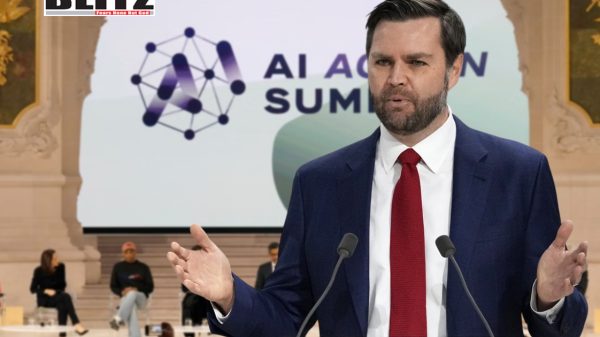

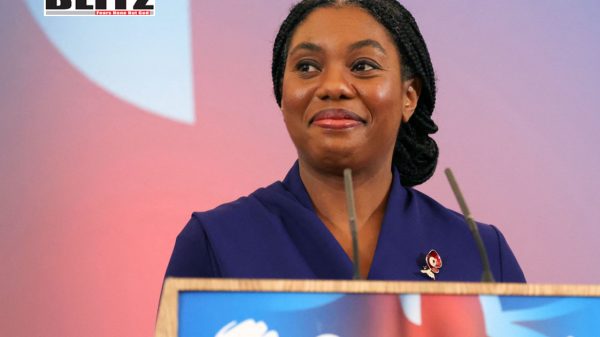
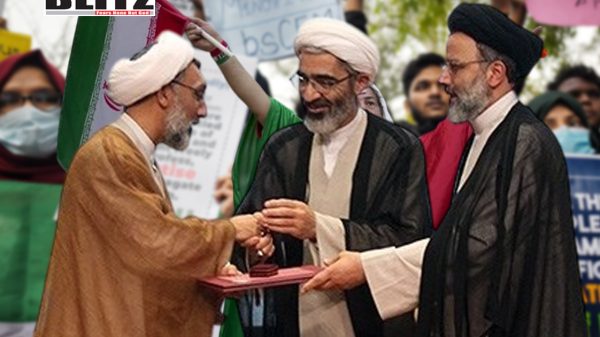
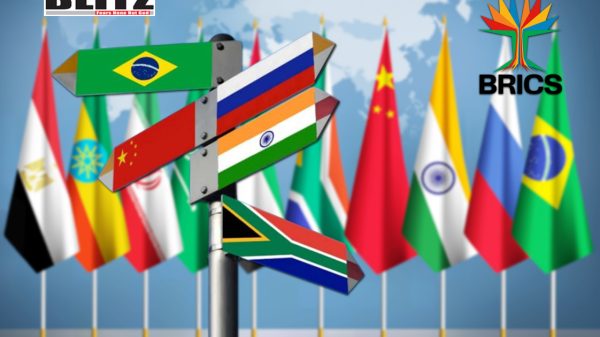


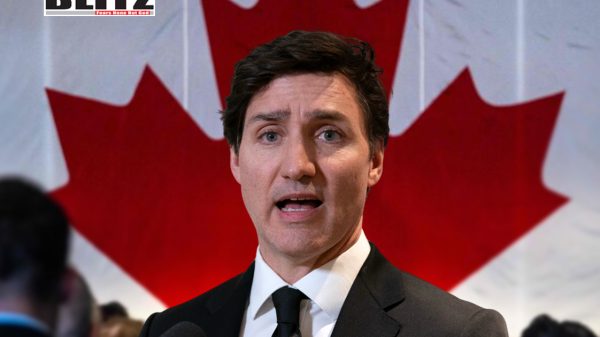
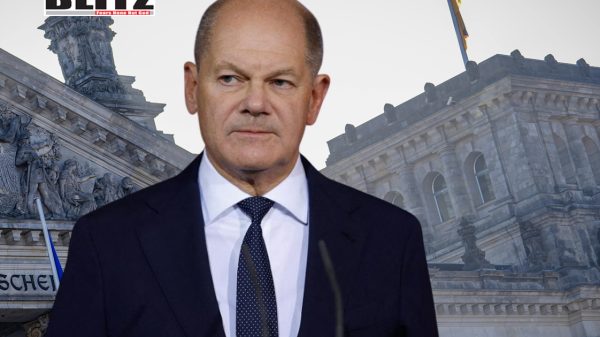


Leave a Reply